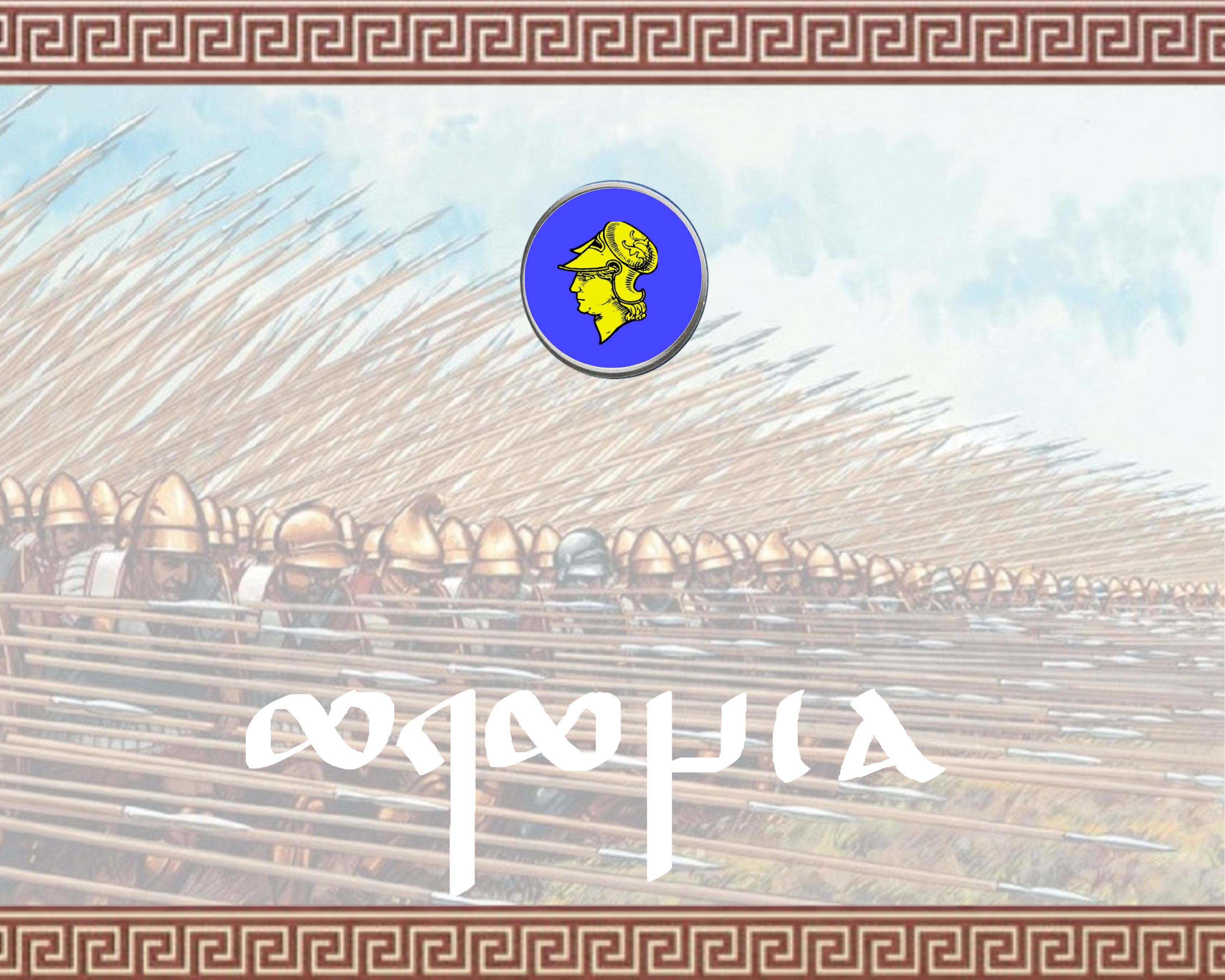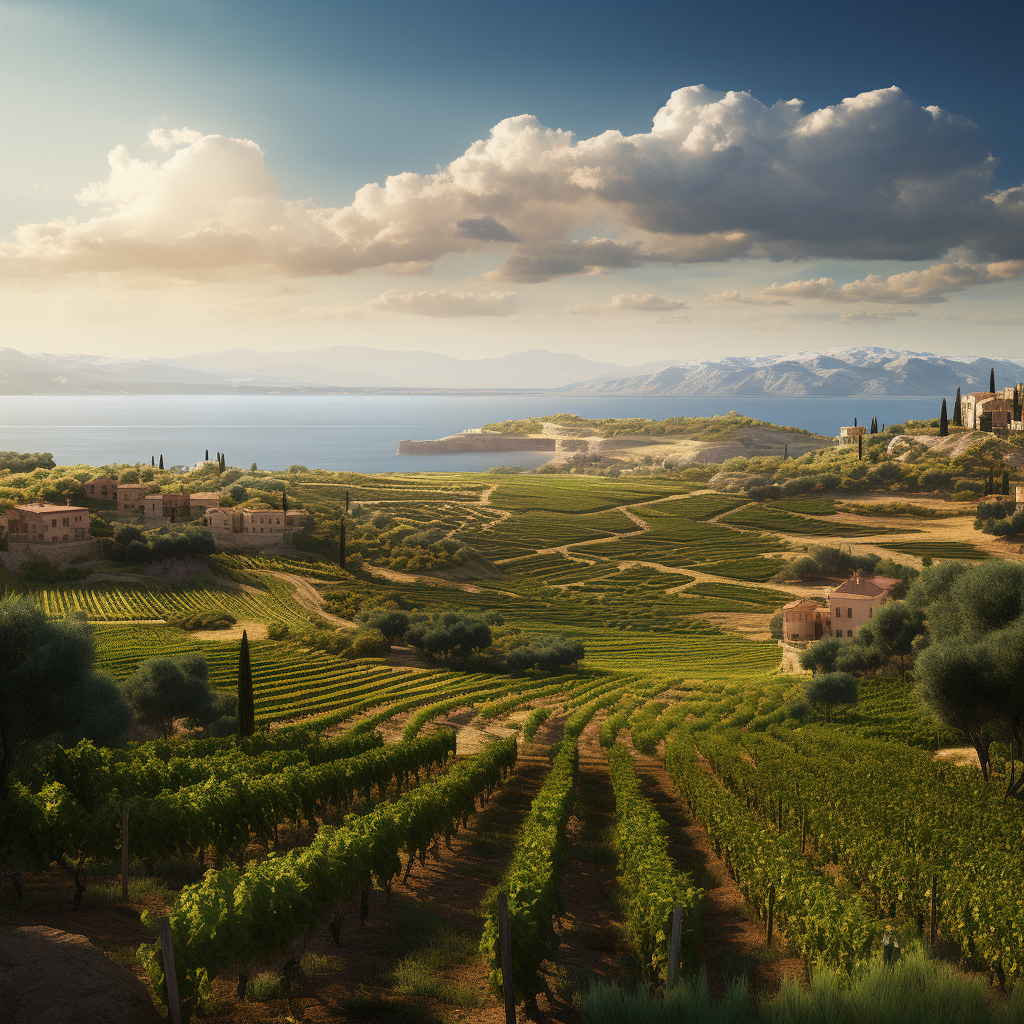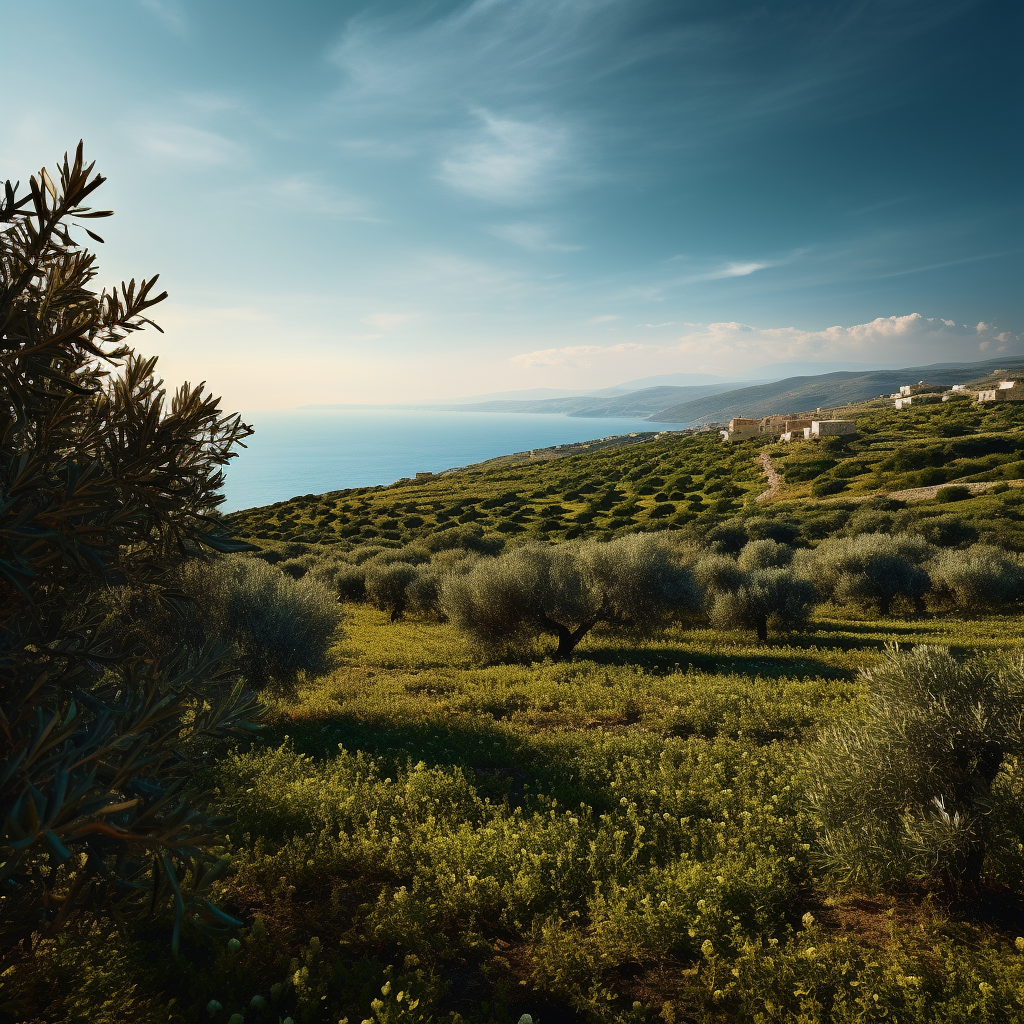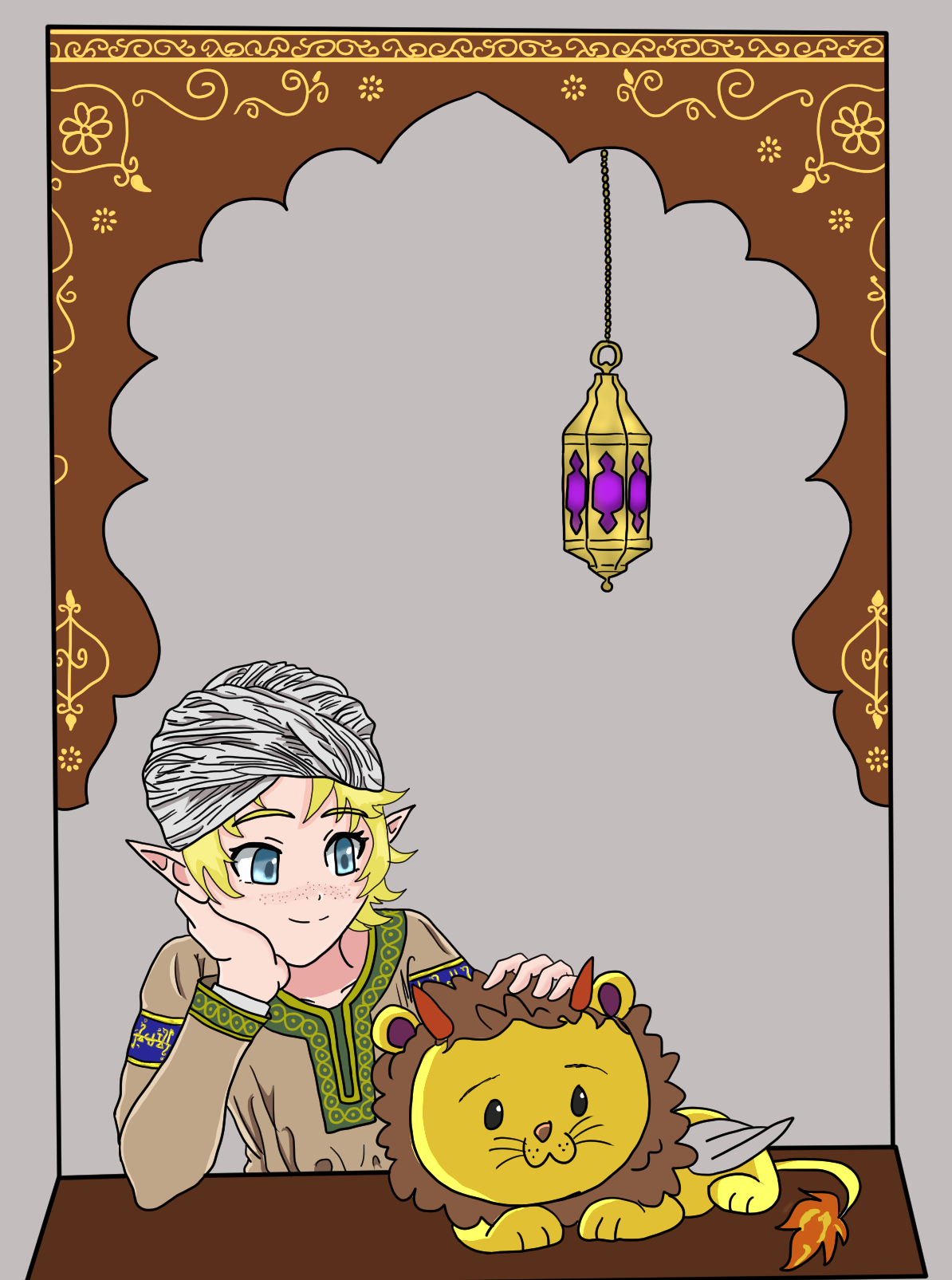Kingdom of Oronia
"To the East of the Albine Mounts lies the land of Oronia, home to a brave and tuff people called the Oronai, or Oronians. They're famous throught the continent for their skills and bravery in battle and many kings sought to hire them as mercenaries because of this. They have few cities and most of them live in settlements up in the hills where is main occupation is to breed cattle and horses and farming. Although in the past they fought among them, now all of them obey a King who holds supreme power over the land and command them in battle, because as they said, it is the duty of every king to fight alongside his fellow soldiers for the security and honour of their motherland"Oronia is without any doubt one of the most influential kingdoms in Yeia's history. It began as a humble kingdom and rose to be a great Empire and the realm which "civilized" the Middle regions of the continent of Teria. Its history is the history of great Kings, court intrigues, humiliation but also glory and scientific innovation.
History
Early Oronia
Around the 1500 BP the Yavana peoples began their process of migration and their eventual split in two groups. One group went to the East, becoming the Ikarians, while the other migrated to the South into the great Valley and the nearby mountains, these Yavanas became the Oronai (which literally translates as Highlanders) and their land became known as Oronia (the land of Mountains). According to Oronai chronicles, the first Oronai King was a certain Glaukias, who unified the Oronai city-states into a single kingdom and ruled around the 10th century BP. The dynasty he founded, the Glaukids, began slowly promoting the colonization of the valley, and the first cities like Anthylussa and Phagias appeared. Still, in the first two centuries the economy of the kingdom was mostly rural and most of the population lived in hillforts near the mountains. With the rise of the Ikarian Empire as the dominant power of the region the Oronai, under Glaukias grandson, Amyntas I sent the first Oronai embassy to Ikaria, becoming the first ally of the new Empire. The last centuries of the Glaukids are pretty obscure as not a lot of records from this period survived, but around 751 BP they were deposed and replaced by the Cassandrid Dynasty. It was under the Cassandrids that Oronai began expanding its territory and influence.Early expansion
The discovery of Silver mines in Lemvron and Golden mines in Avron made Oronia really wealthy, and also more people began settling in the Lowlands. Demetrias became Oronia's first port. Helping the Oronai to trade with the neighbouring nations like the Kingdom of the Green Elves. After the 7th century BP groups of Oronai began sailing to the South-East attracted by its warmer climate, fertile lands and mineral resources. At the beginning they founded coastal settlements. Tradition says that the first of those settlements was Thios, followed by Pyria and Myron. These cities began founding their own colonies alongside the coast and the islands; and,finally, also settling in the interior. This process lasted from the 7th to the 5th centuries and oronai colonization was so intense, that this region became an integral part of the Oronai realm, known as Lower Oronia, the most urbanized and wealthy part of the kingdom. It is not known if that region was populated at all before the arrival of the Oronai. If they were the Oronai made no mention of them.
At the turn of the 4th century BP these cities began fighting among themselves often for resources or for establishing the limits of the city. These conflicts reached a point in which the Oronai kings have to intervene with their armies from the North to establish peace and Royal Authority in the region. Because of this the Kingdom became more unified with the Archon, the Oronai king controling the Kingdom with an iron feast and a loyal bureaucracy
Ikarian Vassal
It was also at that time, in 450 BP, when a civil war broke out between Perdiccas IV and his brother Iolus. The first won thanks to Ikarian support and due to this Ikarian intervention in Oronia, the Kingdom became a vassal state of the Ikarian Empire for around 700 years. Every new Oronai King had to swear an oath of vassalage known as the known as the The Oath of Pyliene (from the city where the Oronai Kings signed the treaty of submission to the Ikarians) and Oronai princes and heirs to the throne were sent to Ikaria as hostages, where they were taught the benefits of the Ikarian Empire. Some of them, when becoming kings would use the experience earned in Ikaria to modernize the kingdom following Ikarian influences.
For the Oronai this era of submission to the Ikarians is a bit controversial. On one hand this era marks the end of the so called Oronai Dark Ages, both politically, culturally and diplomatically but at the same time saw this era as a humiliation, when they have to bow their heads to their pompous cousins to the East. This situation lasted until 350 AP during, amidst the internal problems and decadence of the Ikarian Empire, Oronia managed to declare its independence and fend off two Ikarian attempts of forcing the vassalage again. One of the great figures of this era was king Amyntas V, who truly modernized the country, actively constructing public buildings, roads, fortresses to defend his country better and was very successful in the wars against the archnemesis of the Oronai for the following millenia, the Sephenians.
On the path to Empire
After the independence, Oronia lived through a successions of very strong and capable kings, who, among other things, reformed the old hoplite army into the famous The Oronai Phalanx. But it was under Magas the Great that Oronia became a power to be respected a feared internationally. Under his command, Oronai armies crushed the Sephenian armies, conquering their Empire and putting an end to a 900 years old Empire that was a consistent threat for the survival of the kingdom. Suddenly Oronia doubled its territory, and the new conquered lands, especially those across the western coast of the Thyssalis Sea began to be settled by Oronai, thus solving the problems of overpopulation that Oronia had been suffering for a while.
But the Empire didn't last long, and after Magas's Death, and following his will, the country became split in 3 kingdoms, Oronia proper, Sylvania and Steplia. Oronia was then ruled by Magas's eldest son, Archelaos and his descendants, retaining the original borders of the kingdom prior to Magas's campaigns (although sometimes Oronai kings tried annexing neighbouring Sylvania and thus triggering war with the other Successor kingdom to Magas's Empire, the Kingdom of Steplia.)
Geography
Oronia is located South-West of the Albine Mountains and north of the Thysalis Sea. The most striking feature are the impressive tall mountains that separates Oronia from the Kallian Plains to the East and from the Steppes to the North and West.
The realm is divided in two areas. Upper Oronia, which is the hilliest part of the country, that is crossed by 3 rivers, being the largest of them the river Styridimon. Upper Oronia is also a very rich area in terms of metals thanks to the gold and silver mines at Avron and Lemvron respectively.
The other area is lower Oronia, home to fertile plains and also dense forests, making it the most fertile area of the country. The area is crossed by 5 great rivers (and many more smaller rivers), the largest of them being the Adros river, in whose delta are located the cities of Pyliene and Corgis.
Culture and Society
War was and still is part of the Oronai culture. It was considered a civic duty of each male citizen to defend his city, his king and his country. Because of this Oronai soldiers have been highly sought by foreign powers to fight in their armies where they often fight not for loyalty but for gold. Oronai consider themselves as one of the most civilized peoples in the world, like their Ikarian/Blatian cousins and the Seris.
Family is also an important part of Oronai society, and Oronai take pride on their surnames and the deeds of their ancestors. Loyalty to one's family and to one's parents is taken so seriously that even after death, Oronai have to pay respects to their parents, bringing them food, talk to them, and perform specific rituals to make them happy as the Oronai believe that their ancestors are watching from the heavenly palace of the gods and once a year they descend again to the mortal realm to spend a day with their relatives. Also, an Oronai that is accused of cowardice in battle is not allowed to enter his family's home as they consider that this behaviour represents an intolerable disgrace to the family, and if they carry the family symbol on their shields they've to erase it
Oronai culture, aside from martial prowess, has also its roots in the rural world because Oronia, despite its high level of urbanization, is still mostly an agrarian society where most of the commoners are farmers (around 75% of the Oronai population). For many centuries Oronai society was mostly isolated from foreign influences (aside from the influences from nearby Ikaria), but after the conquests of Magas the Great and the involvement of Oronia in the politics and trade across the continent, Oronia has begun to open to foreign influences and products too.
Government
Although the King reigns supreme in the country (if he has the support of the nobility and the army, of course) the cities of the Kingdom have autonomy for conducting their own affairs (electing magistrates aside from the town mayor or Episkopes, named by the King himself, create their own institutions and public offices, making laws..., they're also autonomous for collect the taxes in name of the King etc... .)
At the top of the government of the country is the King and the Royal Court. This Royal Court has a complex hierarchy. After the King and his closest family are the "Philoi", the friends of the King, inside this circle of friends, that is a sort of "Private Council" where most of the important decisions of the Kingdom are debated and later adopted.
To make things even more complicated, there are several ranks of Friends, for example you have the First Friend of the King (Einas Philos in Oronai) and also a Foster Brother (or Syngennes in Oronai). When a King dies, the Foster Brother of the previous King becomes a Foster Father (Tropheus) to the new King. This is of course a very influential position, akin to the Voice of the King in the Kingdom of the Sun Elves. And it is not the first time that some presumptuous and very powerful Tropheus rebels against the king becoming himself a Pretender to the Oronai Throne. And then, the survival of the legitimate king or the victory of the pretender depends on the real force behind the throne; the Oronai army. So, having loyal troops and commanders is really important in order to have an stable government for the Kingdom.
Economy
As it has been said, the economy of Oronia depends mostly on agriculture, with an important contribution from its abundant gold and silver mines and trade across the Thysalis sea and across the mountain passes with neighbouring Blati.
Upper Oronia is famous for its wines (which are highly sought after in the other Oronai kingdoms and in the kingdoms of Western Teria) and rice (whose introduction was so important that triggered a population boom in the following centuries).
Lower Oronia on the other hand is famous for being the breadbasket of the entire kingdom due to its fertile plains and also for its cattle. Pottery, specially decorated pottery is also one of the most famous products of Lower Oronia as well as timber for building ships. Another famous product from lower Oronia is Olive oil, as the regions near the sea are home to immense olive groves.
As a sidenote or curious anecdote, Oronia didn't have proper coinage and mints until the 5th century BP, before that date, barter prevailed. Just to compare, The Seris and Ikarian empires already had coinage 400 hundred earlier. The first coins were made of bronze with the name of the King and "Oronia" written on the back. Later on, silver became the standard coin while gold was reserved for the tribute to the Ikarian Empire and for international trade. This new silver and gold coins were inspired by the Ikarian coinage and often displayed the portrait of the King and on the obverse and a mythological scene, a deity on the reverse.







It is nice. Reminds me of Greece.
Thank you!! <3. Well Oronia is mostly inspired on ancient Greece hehe